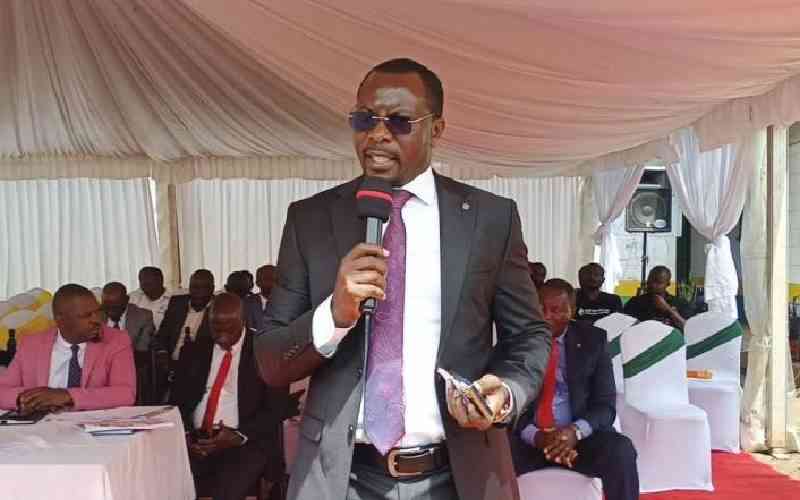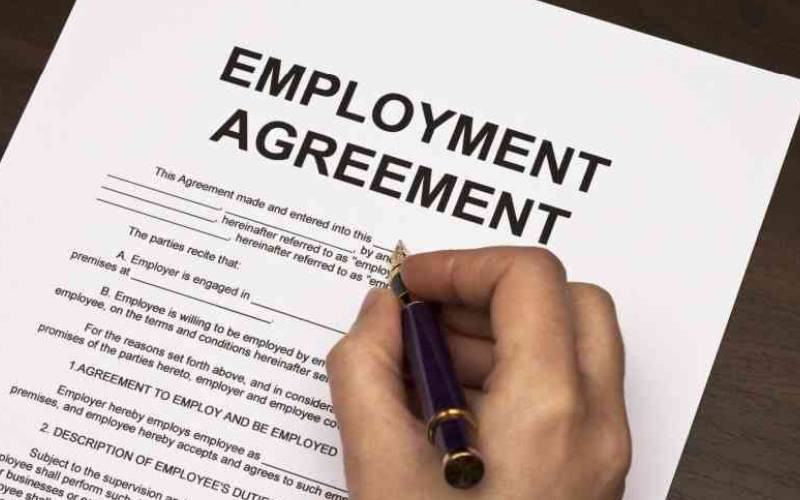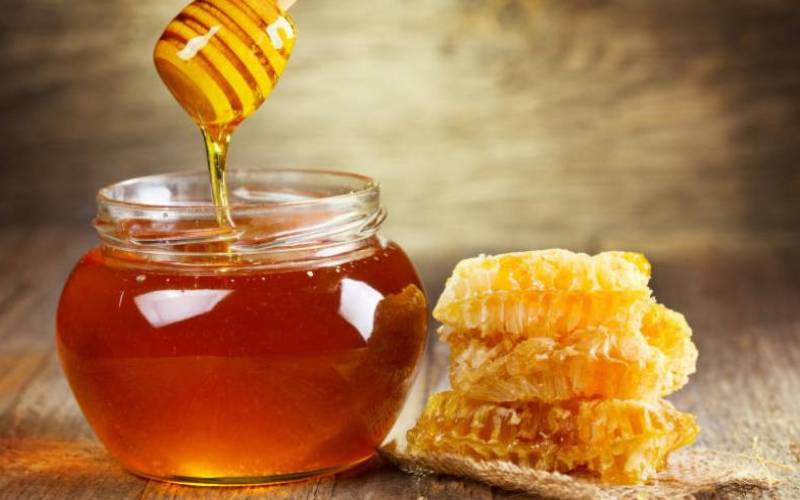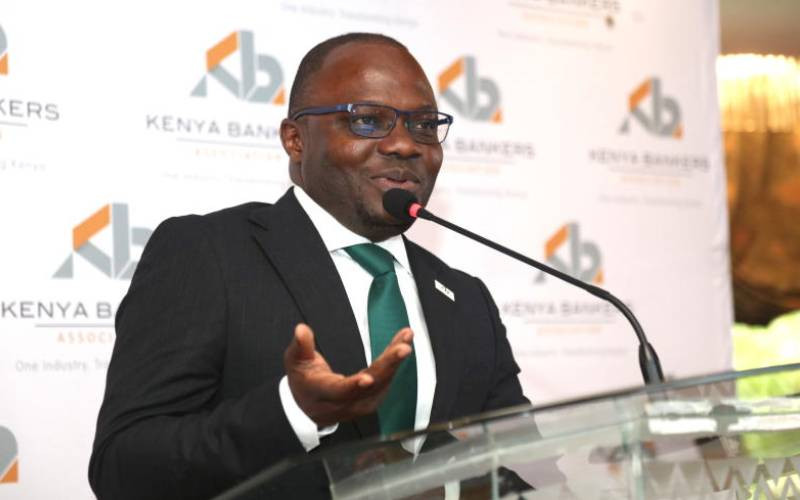×
The Standard e-Paper
Smart Minds Choose Us
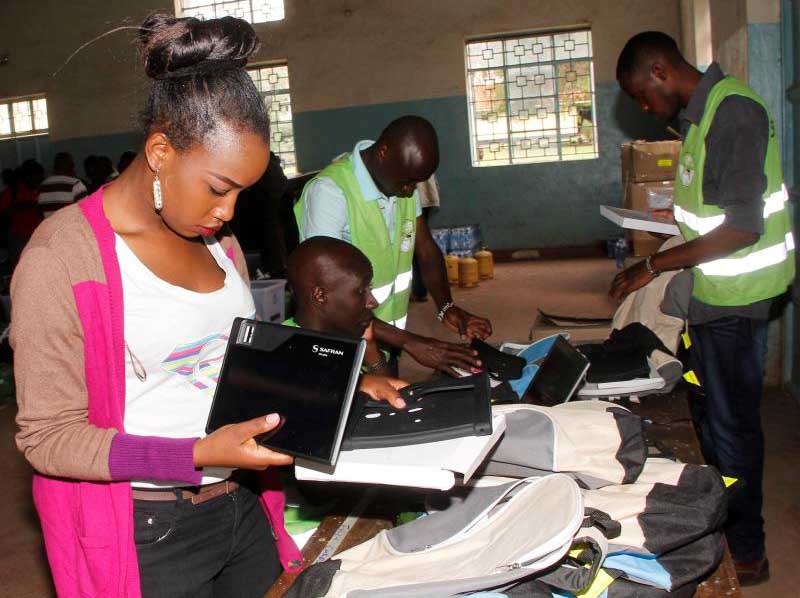
The narrative on the existence of ‘deep state’ has already been institutionalised and mainstreamed into our political talk. It is slowly becoming part of the biggest conspiracies ahead of the elections.
Last week, I asked a colleague if he has registered as a voter. He boldly told me that there is a deep state that will determine who our next president will be. He wondered how I was not aware of a sensation that has been hogging media coverage. I was shocked!
